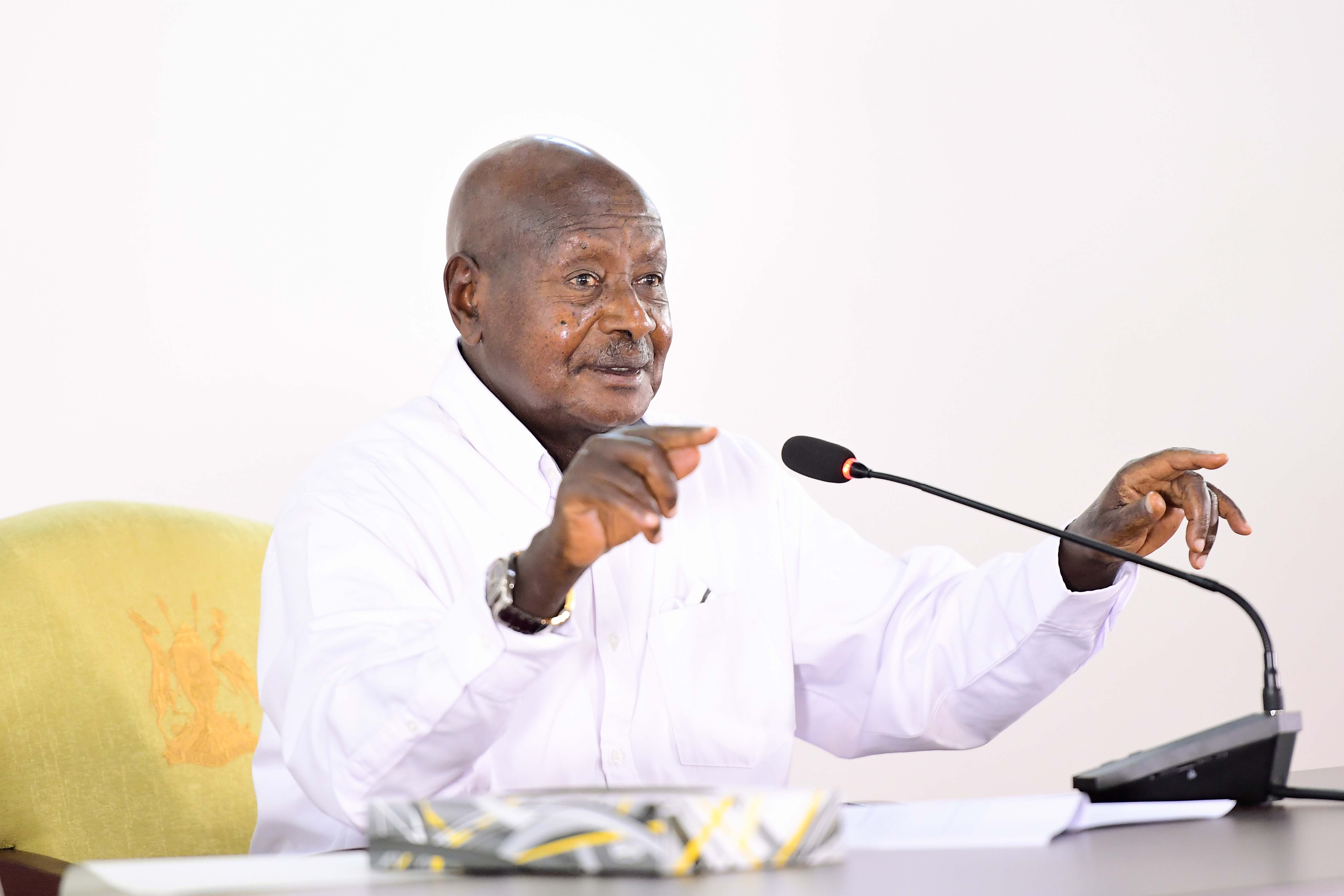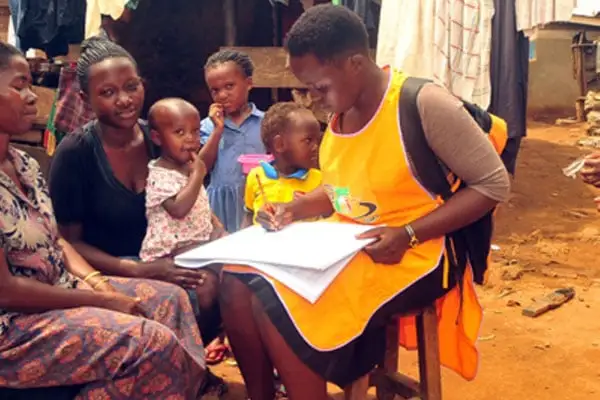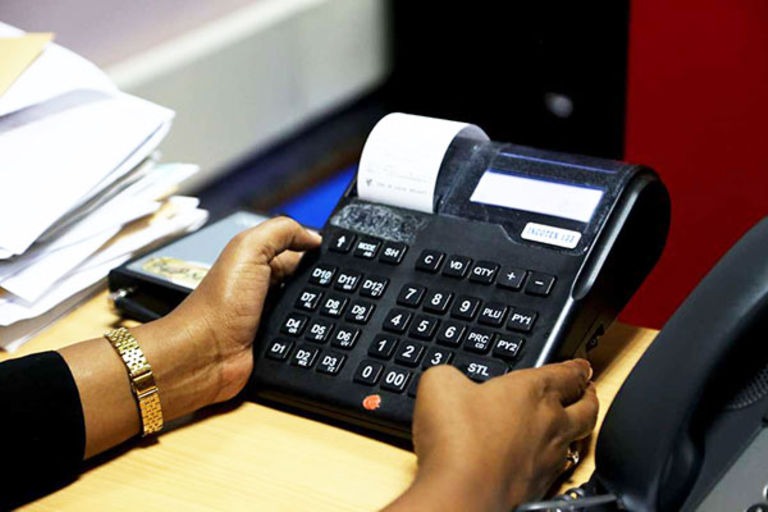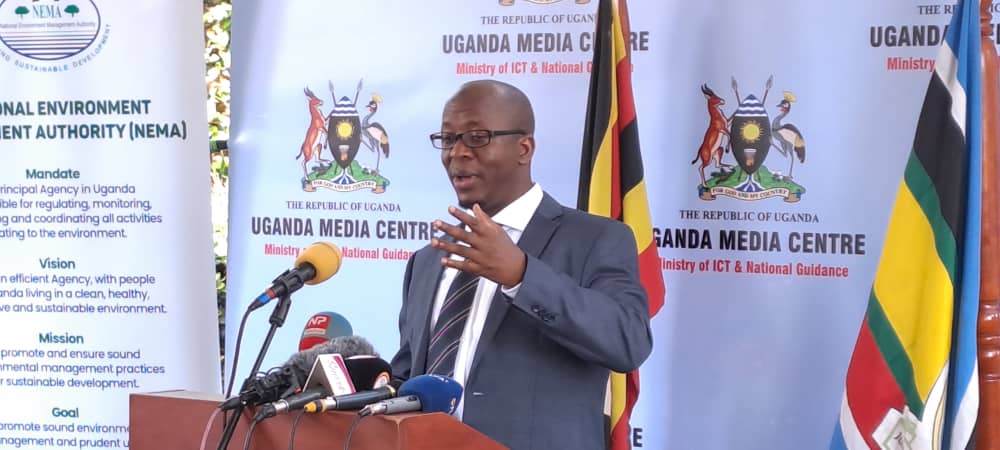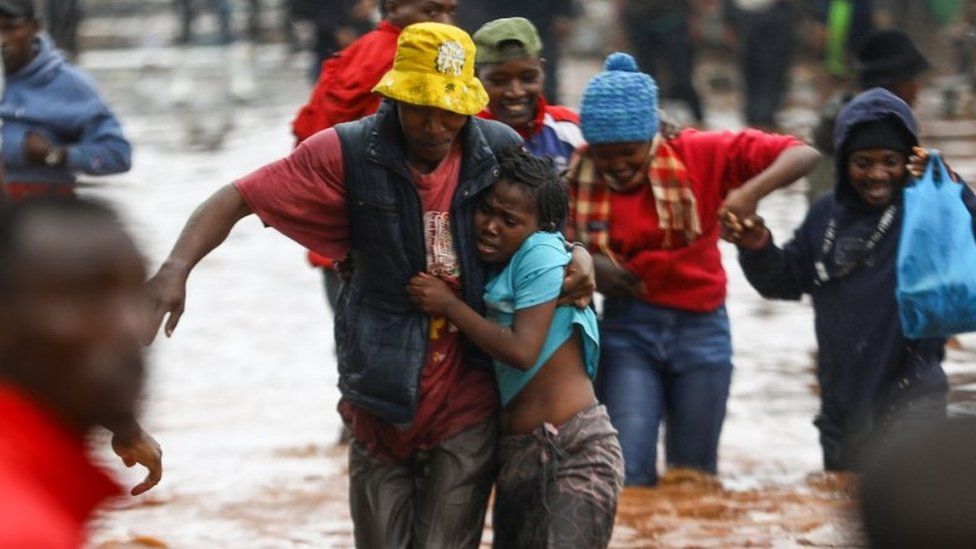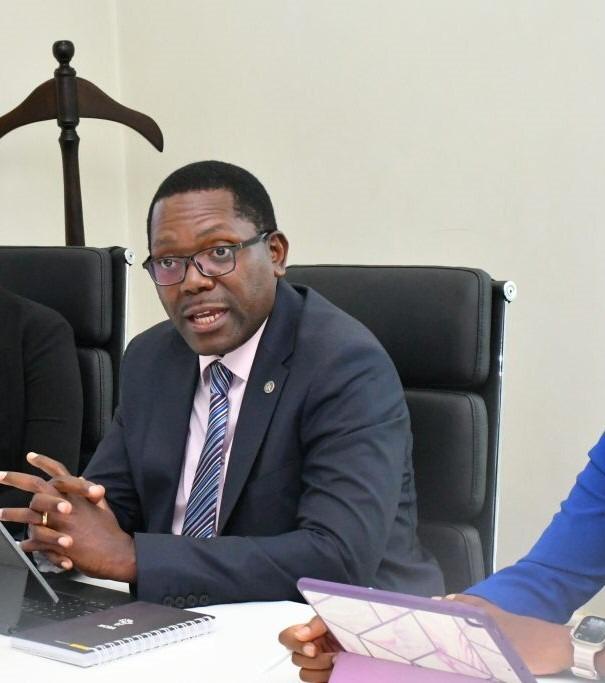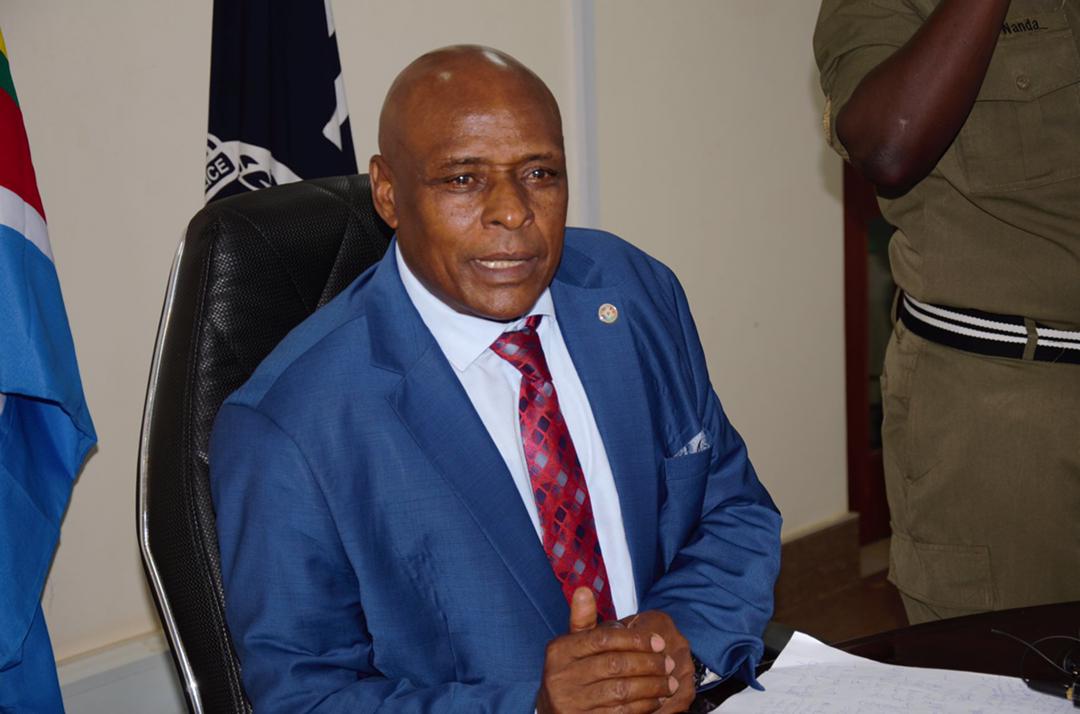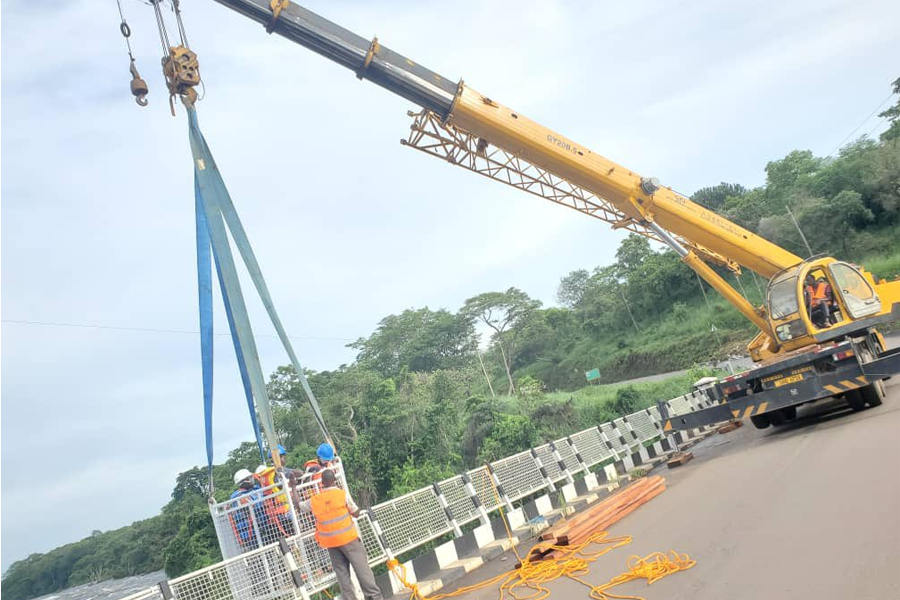Museveni challenges African leaders on economic injustice, unfair raw material trade practices
At the G25 Africa coffee summit, President Museveni highlighted the loss of jobs and money that African countries face when exporting unprocessed goods at a low cost.
He emphasised that selling a kilogram of bean coffee in its raw form may only fetch around US$2.50, while the same quantity of coffee that is roasted, ground, and packaged may sell for as much as US$40.
“A kg of coffee of good quality, may go for US$2.5 per kg. The same quantity of coffee roasted, ground and packaged may go for US$40. This is where there is massive hemorrhage of money from the global South to the global North,” he said.
This significant profit disparity leads to a loss of money for the South and a loss of job opportunities.
Museveni expressed concern over the parasitic global system, where European countries take advantage of Africa's raw materials, only to profit from their transformed products at a higher cost.
“If you take the whole spectrum of raw-materials from agriculture, minerals, forest products, etc., the loss to Africa is massive. That is why the economy of Africa is stunted. The GDP of the whole massive African continent, with a population now of about 1.5billion people, is USD2.7trillion,” he said.
The President lamented that Africa only receives US$2.4 billion out of the global coffee market value of US$460 billion.
To address this issue, Museveni urged African countries to add value to their raw materials, including coffee, through internal struggles.
“So that we earn more from our sweat and create more jobs for our youth instead of dying in the Mediterranean going to Europe,” he said.
Implementing value addition across various sectors, such as copper, gold, iron-ore, lithium, and more, would enable Africa to increase its earnings and create employment opportunities for its youth, reducing the need for dangerous migration routes.
Museveni also strongly emphasized the benefits of enhanced African purchasing power.
With increased revenue, Africa's population will have improved access to basic amenities, such as electricity.
The President further appealed to international partners, including Europe, the United States, Russia, and China, to support Africa's economic growth and energy needs.
Museveni challenged the flawed economic model that has perpetuated the purchase of raw materials from Africa at low prices.
He urged fellow African leaders to promote the consumption of coffee as both a beverage and a stimulus product, highlighting the increasing global demand for coffee.
“We also need to sensitise our partners in the countries that have been buying our raw materials at semi-slave prices, that their economics is defective,” Museveni said.
Museveni cited the iniquities of the present global parasitic system, discussing the unequal distribution of the US$460 billion global coffee value.
While non-coffee producing countries like Germany earn US$6.85 billion, coffee-producing African nations, including Uganda, only receive a fraction of the value.
President Museveni reiterated his long-standing involvement in the struggle against modern slavery and the curse of producing raw materials for others to exploit and profit from.
He called for an end to this unjust system and emphasized the importance of a fair and mutually beneficial approach for global economic prosperity.


